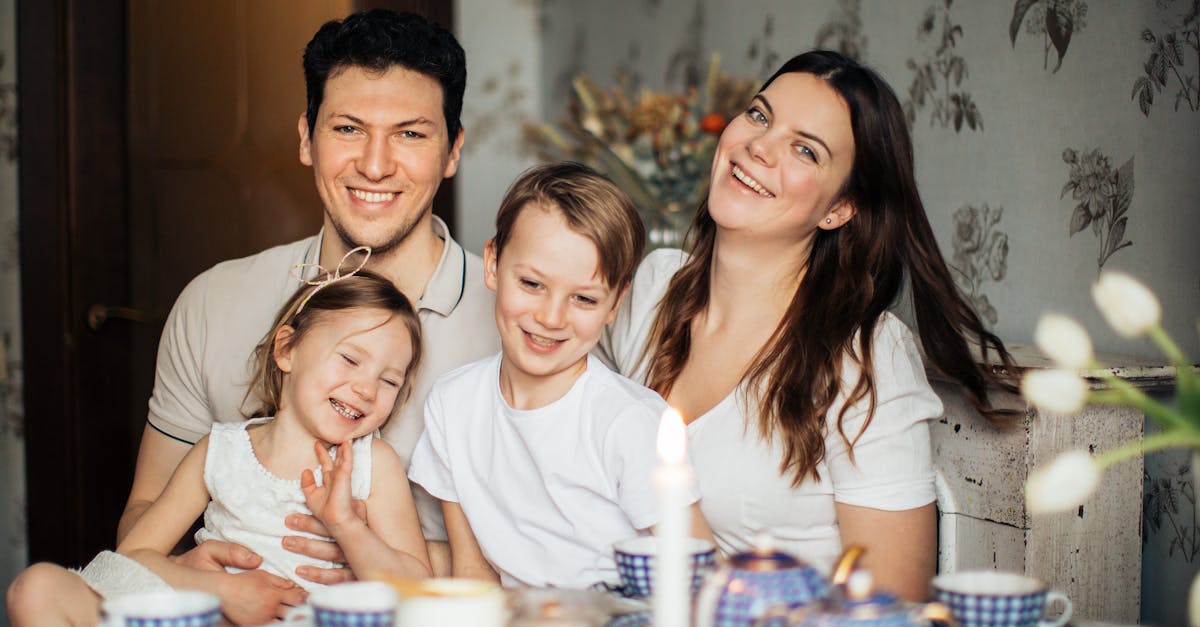Plan Ahead to Minimize Stress
Planning ahead is key to easing separation anxiety. Before your trip, talk to your child about your departure and explain why you need to go. Simple, honest conversations can work wonders. Involve them in your trip preparations; let them help pack or choose which items you should take along. This involvement provides a sense of control and reassurance, helping to mitigate anxiety. Remember, preparation is not only about organizing your luggage but also about preparing emotionally for both you and your child.

Create a Predictable Goodbye Routine
Creating a predictable goodbye routine can dramatically reduce stress. Stick to a consistent routine that both of you find comforting. This could be a special handshake, a big hug, or saying specific words like ‘See you soon!‘ This consistency gives your child a sense of security. Make sure your goodbyes are calm and matter-of-fact—try to avoid prolonged departures and emotional farewells as these can heighten anxiety rather than comfort.

Stay Connected While Apart
Staying connected while you’re apart is easier than ever. Schedule regular check-ins via video calls or send little messages or photos throughout your trip. This constant connection reassures your child that you’re still there for them. A short, cheerful video of you can work wonders in making them feel less alone. Technology can be your best friend when bridging the gap during your absence.

Bring Comfort Items
Don’t underestimate the power of comfort items. Encourage your child to keep something that belongs to you, like a T-shirt with your scent or a small object that they associate with you. These items can provide a tangible sense of connection. Likewise, you can leave them with a favorite toy or blanket that reassures them of your return. Such small gestures can have a big impact.

Normalize Their Feelings
Normalizing your child’s feelings is crucial. Explain to them that it’s okay to feel sad or anxious when you’re apart. These emotions are a natural response to separation and don’t make them weak or wrong. Share stories of times you’ve felt the same way and how you managed. This empathy can help your child feel understood and less isolated in their experiences.

Practice Short Separations
Practicing short separations can build your child’s tolerance over time. Start with brief outings without them and gradually increase the duration. This practice helps your child learn that separations are temporary and you always come back. For example, you could leave them with a trusted relative for a couple of hours initially and then extend it to half a day. This gradual exposure reduces overall anxiety during longer trips.
 **Remember**: Consistency is key when practicing short separations. Start small and steadily increase the time apart to help your child adapt more easily.
**Remember**: Consistency is key when practicing short separations. Start small and steadily increase the time apart to help your child adapt more easily.
Keep Yourself Calm
Keeping yourself calm is perhaps the most critical strategy. Children are highly perceptive and often pick up on their parents’ emotions. If you’re anxious, they’ll likely be anxious too. Take time to manage your stress and stay positive about the trip. Practice relaxation techniques, keep a positive mindset, and reassure yourself that it’s okay to take this time for yourself. Your calm demeanor will naturally be reassuring for your child.

